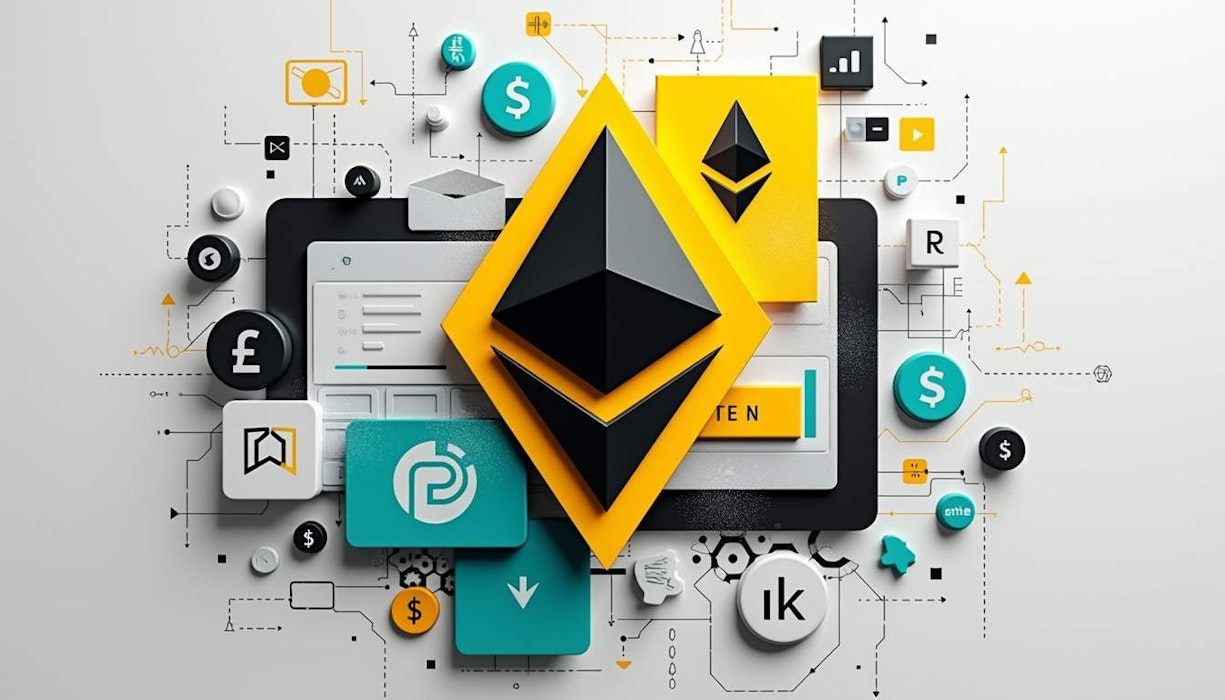The Ethereum Foundation is selling ETH instead of staking it, and this has caused quite a stir in the crypto community. Vitalik Buterin, one of the co-founders of Ethereum, stepped in to clarify things. The main reasons? They need to cover operational costs and they want to stay neutral without being a big player in any potential forks. Let’s break it down.
Why Selling Makes Sense for Them
Vitalik made it clear that he hasn’t sold any ETH recently. The Foundation's sales are crucial for funding the people who keep Ethereum running smoothly. Without these funds, they’d be losing millions of ETH every year due to proof-of-work mechanisms (remember those?). The strategy also helps avoid situations where the Foundation would have to take sides during contentious hard forks, which could lead to centralization concerns.
The liquidity from these sales is also a big plus. It diversifies their holdings and ensures they aren’t sitting on an unstable pile of assets.
Effects on the Market
Now let’s talk about how this affects crypto exchange markets. When the Foundation sells ETH, it does create some waves in terms of market sentiment and liquidity. Sure, there might be short-term price drops, but nothing that seems to cause lasting damage. In fact, other traders often follow suit after seeing what the Foundation is doing.
Interestingly enough, increased trading activity can lead to higher fees on some platforms—though I doubt that was part of their plan.
Broader Implications for DeFi
Ethereum's financial strategies are also key players in developing crypto-backed stablecoins like DAI. These stablecoins offer a lifeline in hyperinflationary economies by providing a stable medium of exchange when local currencies are failing.
Then there's liquid staking—a game changer for participation in decentralized finance (DeFi). By allowing users to stake while still having access to liquidity through LSTs (liquid staking tokens), more people can get involved without feeling locked out.
Community Feedback and What’s Next?
As you can imagine, reactions from the community have been mixed. Some folks are worried about price impacts and market dynamics. But Vitalik seems unfazed; he even proposed an interesting grant structure where recipients could stake on behalf of the Foundation and keep any upside—so long as it's ethical!
Looking ahead, it seems likely that we’ll see more strategies like this one from the Ethereum Foundation aimed at balancing operational needs with decentralization goals. After all, keeping things healthy and distributed is crucial for Ethereum's long-term success.
In summary: Selling rather than staking makes a lot of sense for them right now.
